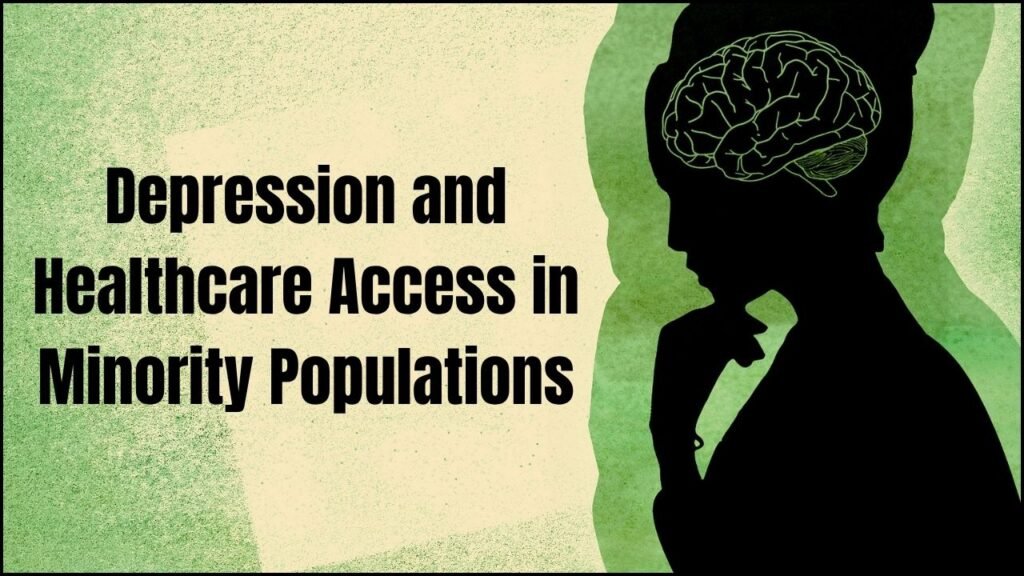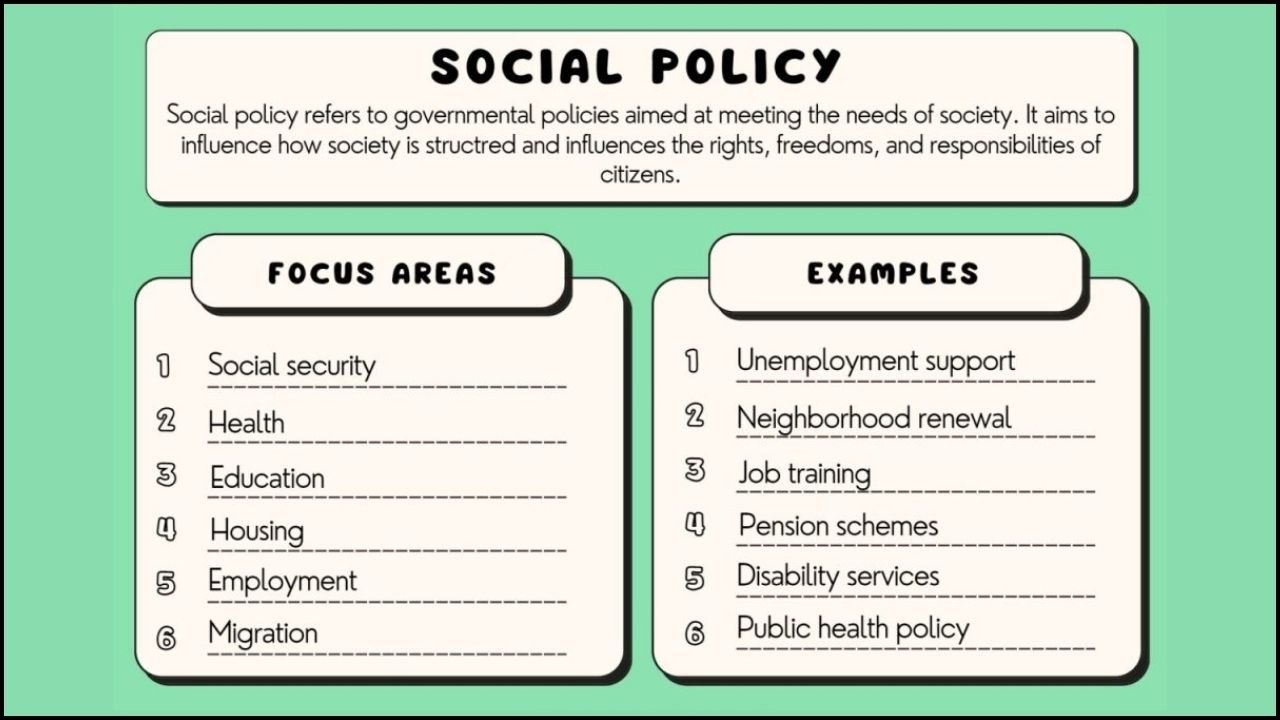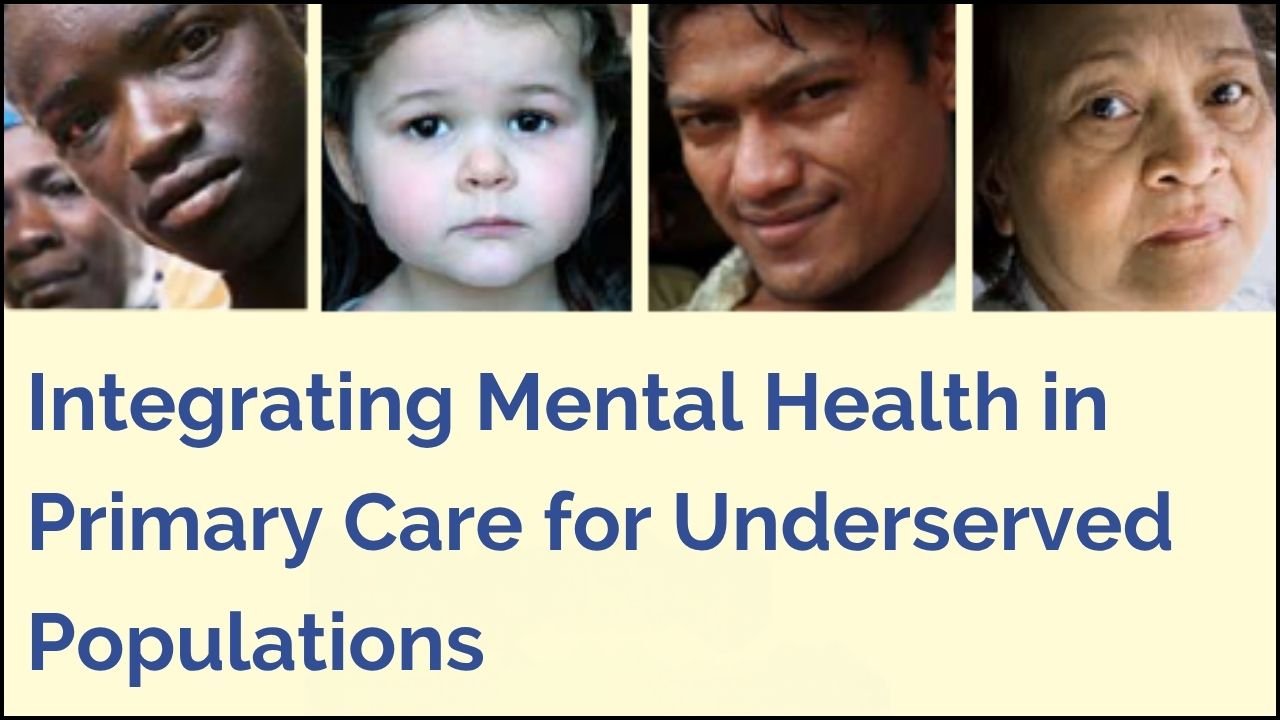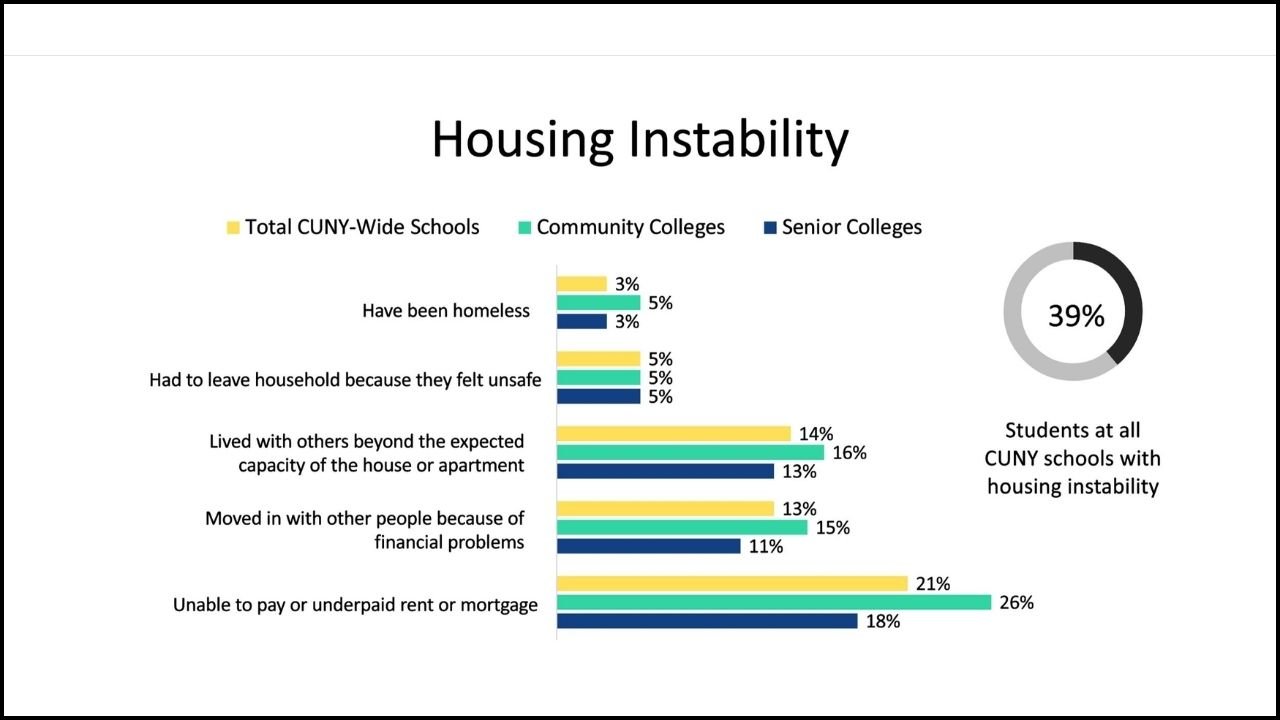
Depression affects millions of people across the world, but minority populations often face more challenges in accessing mental health care. These groups may deal with extra stress from racism, poverty, language barriers, and a lack of medical support. Depression, when untreated, can lead to serious physical, emotional, and social problems. Exploring how healthcare access affects minority communities is important to understand and fix the gaps that prevent people from getting help.
Table of Contents
Understanding Depression in Minority Communities
Depression is a mental illness that causes sadness, hopelessness, and a lack of interest in life. While it can affect anyone, minority groups may face higher risks because of social and economic pressures.
- Social stigma often stops people from talking about mental illness.
- Cultural beliefs may prevent people from recognizing symptoms as medical issues.
- Language barriers make it hard to describe symptoms or understand doctors.
- Poverty increases stress and limits access to health insurance or care.
- Discrimination in medical settings can reduce trust in healthcare providers.
Common Causes of Depression in Minorities
| Cause | Impact |
|---|---|
| Racism and Discrimination | Creates daily stress and lowers self-esteem. |
| Financial Hardship | Leads to anxiety and hopelessness. |
| Low Education | Reduces awareness of mental health and services. |
| Unemployment | Increases the risk of isolation and depression. |
| Immigration Stress | Causes fear, loneliness, and culture shock. |
Barriers to Healthcare Access
Many people from minority backgrounds cannot get proper mental health care due to different kinds of barriers. These barriers can be personal, social, or systemic.
1. Financial Barriers
- Lack of health insurance is common among minorities.
- The cost of therapy or medication is often too high.
- Public health services may have long waiting times.
2. Cultural Barriers
- Mental health may be viewed as a weakness.
- Families may avoid discussing emotional problems.
- Some cultures prefer spiritual healing over medical treatment.
3. Language and Communication Issues
- Limited English makes it hard to explain symptoms.
- Few mental health professionals speak minority languages.
- Misunderstandings can lead to wrong diagnoses.
4. Systemic Racism in Healthcare
- Minority patients sometimes face bias or are not taken seriously.
- Doctors may misjudge symptoms due to cultural differences.
- Trust in the system is often low due to past negative experiences.
Statistics Related to Access and Treatment
| Group | Percentage with Depression | Percentage Receiving Treatment |
|---|---|---|
| White Americans | 7.9% | 48.7% |
| African Americans | 9.2% | 30.6% |
| Hispanic/Latino Americans | 10.1% | 32.9% |
| Asian Americans | 6.3% | 23.3% |
| Native Americans | 13.5% | 41.6% |
Effects of Untreated Depression
When depression is not treated, it can cause long-term problems:
- Poor performance at work or school
- Relationship troubles and social withdrawal
- Increased drug or alcohol use
- Higher risk of suicide
- Physical illnesses like heart disease
Efforts to Improve Access
Governments, health agencies, and non-profit groups have started many programs to improve mental health access in minority communities.
Community-Based Services
- Mental health centers in local neighborhoods
- Peer support programs for cultural groups
- Outreach in churches, schools, and community halls
Telehealth Services
- Online counseling helps overcome distance and cost issues.
- Patients can speak in their native language with the right provider.
- More privacy and flexibility increase participation.
Cultural Competency Training
- Doctors learn how to respect different cultures.
- Medical staff learn about minority traditions and beliefs.
- Helps reduce bias and improve patient trust.
Role of Schools and Workplaces
Schools and workplaces can play a big role in early detection and support.
| Setting | Action Taken |
|---|---|
| Schools | Training teachers to notice signs of depression in children and refer them. |
| Workplaces | Offering free counseling services and mental health days. |
| Colleges | Creating support groups for minority students and access to therapists on campus. |
Role of Families and Communities
Family and social support help people recover faster. When people feel understood and cared for, they are more likely to seek help.
- Parents can learn about symptoms and treatment options.
- Community leaders can reduce stigma by talking openly about mental health.
- Faith-based organizations can provide both spiritual and medical support.
Successful Case Studies
| Project Name | Location | Outcome |
|---|---|---|
| La Clínica del Pueblo | Washington D.C. | Offered Spanish-speaking therapy and reduced depression in Latinos. |
| Black Mental Wellness | Nationwide | Provided culturally relevant resources for African Americans. |
| SAATHI | California | Helped South Asians deal with cultural pressure and mental health. |
Suggestions for Improvement
- Increase government funding for minority mental health programs.
- Hire more minority healthcare providers.
- Translate health materials into multiple languages.
- Train doctors to be sensitive to cultural differences.
- Spread awareness in schools, religious centers, and on social media.
Comparison: Barriers vs. Solutions
| Barrier | Suggested Solution |
|---|---|
| High cost of treatment | Provide free or low-cost mental health clinics. |
| Language issues | Offer services in multiple languages. |
| Cultural stigma | Educate communities through media and leaders. |
| Lack of trust in thesystem | Employ culturally matched counselors. |
| Few professionals in the area | Use telehealth and mobile clinics. |
Parting Insights
Mental health care is a basic need, but many people in minority populations do not get the help they deserve. Barriers like language, cost, and discrimination make it hard for them to reach out. Depression becomes more dangerous when ignored. Understanding these issues and working toward solutions that include culture, language, and community support can improve the lives of millions. A fair and equal health system is the key to healing minds and building stronger communities.





